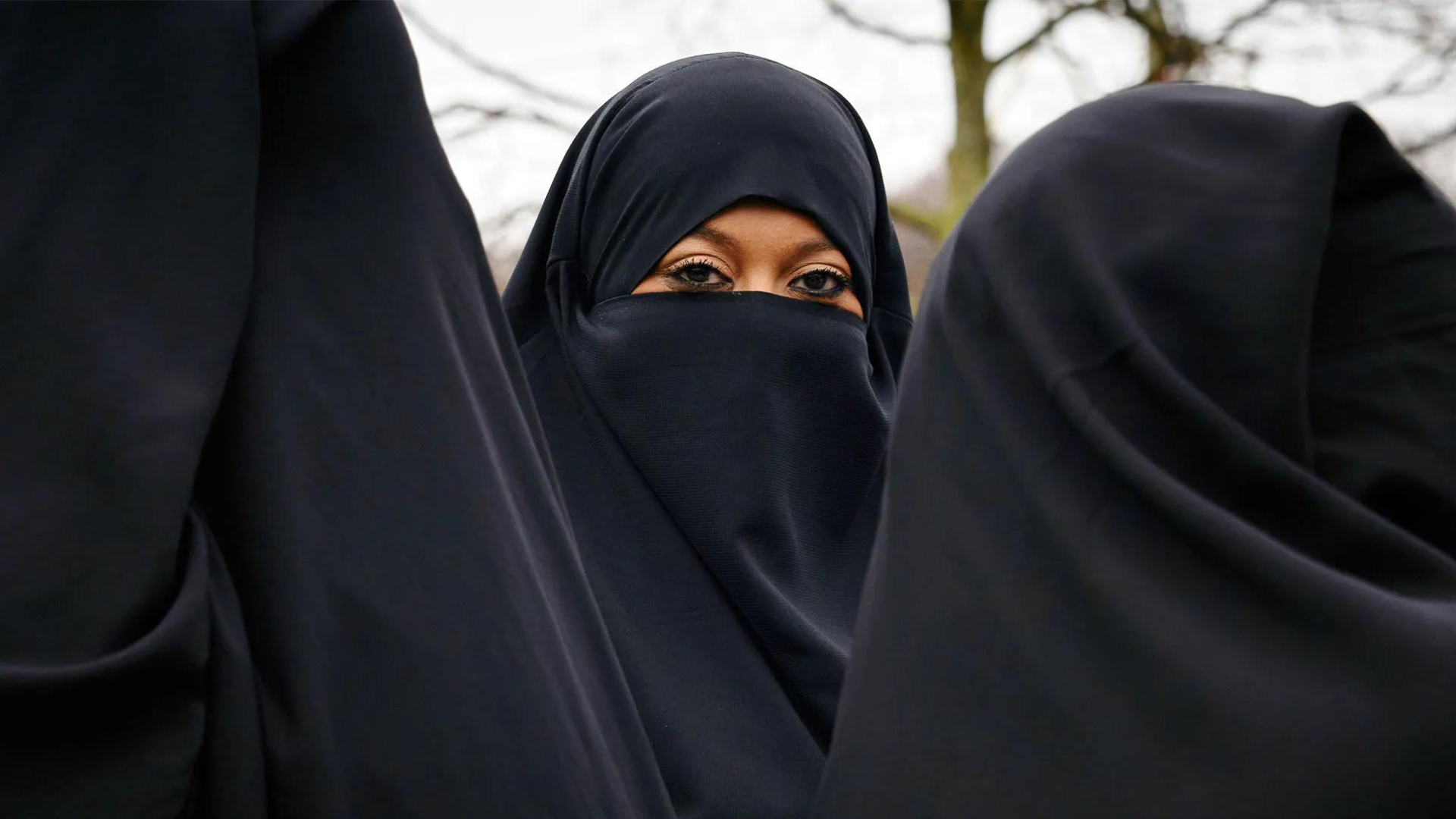Kochi – In a progressive judgement, the Kerala High Court ruled that divorced Muslim women need not approach courts to record their talaq if it has already been executed as per their personal law. Justice P V Kunhikrishnan maintained that merely registering the marriage under statutory rules does not necessitate obtaining a court decree for registering its dissolution.
“Seeking legal sanctity for ending a wedding already terminated per religious customs is an unreasonable burden for Muslim women. The concerned official can enter her divorce without insisting on a court order,” the bench held.
Talaq-tangle Trauma Terminated
This landmark verdict liberates Muslim divorcees in Kerala from procedural bottlenecks not faced by men ending a nikaah. “The husband pronounces talaq and walks away without obligations. But the wife must get the marriage register changed to restart life. This gender bias should end,” Justice Kunhikrishnan noted.
The case involved a couple married in 2012 under the Kerala Registration of Marriages Rules 2008. But rows erupted soon, ending in talaq pronounced by the husband in 2014 and certified by the Thalasseri Mahal Khazi.
When the wife approached the Registrar for recording her divorce as per the 2008 Rules, he refused citing lack of authority without a court decree. “I must insist on a Judge’s order even if Sharia dissolution is valid per se,” the bureaucratic logjam went.
Kerala High Court Breaks New Ground for Muslim Women’s Rights
Unconvinced, the Judge held that a statutory register’s upkeep cannot curtail personal law rights. “The power to enter a contract equally enables recording its completion. If the Registrar can enroll a marriage, they can surely show its end as well,” he logically ruled. The bench even asked the state to rectify anomalies in the 2008 Rules causing needless civil court dependence despite religious divorce finality.
In a first nationally, the court also directed the Registrar to accept the woman’s divorce application after notifying the husband, disposing of her plea in a month. Celebrated Muslim activist Rehana Fathima welcomed the pragmatic stance. “Personal laws must evolve with women’s rights, not resist progressive interpretations fearing identity erosion,” she told this correspondent.
Marriage Registration Cannot Constrain Women: Jurists
Eminent lawyers concurred that marriage registration under statutory provisions cannot constrain women’s rights granted under religious practices. “Constitutional principles enable marrying as per personal laws. Their divorce procedures must equally apply without procedural fetters,” opined senior advocate Roy Abraham.
“Registration facilitates evidence for various needs like passport, visa or inheritance. But dissolution per custom must prevail over registry hurdles. Justice Kunhikrishnan’s view advances Muslim women’s liberty and privacy,” Abraham added.
Senior counsel Janardhana Malliyad concurred that mandatory court decrees despite customary divorce heightens separation pains without cause. “Personal laws must reform from within, not through legislative overreach. Codified acts for majority communities still disfavour women. So reformists should avoid selective activism,” he pointed out.
Trailblazing Step Towards Gender-Sensitive Reforms
Community leaders described Justice Kunhikrishnan’s judgment as pioneering and progressive. “We welcome this trailblazing step in easing divorced women’s problems instead of suspecting personal law reforms as appeasement or identity erosion,” said Samastha Kerala Jam-Iyyathul Ulema general secretary Nujumudeen Alumma.
He pointed out Islam insists on easy divorce access for women in unhappy marriages. “They need not prove any ground like cruelty or desertion required as per other laws. Talaq sanctioned by Islamic jurists must suffice without requiring civil court affirmation,” Nujumudeen explained.
All India Muslim Personal Law Board’s Kerala leader K Nizar Rahim called the verdict historic and pathbreaking. “It gives legislative policy lead to remedy a gender injustice issue pending since 2008 Rules commencement. This will catalyze long overdue personal law reforms,” Rahim opined.
Rahim added that courts now allowing Muslim couples to register marriages under the Special Marriage Act without renouncing faith practices also eased rigid perceptions. “Justice Kunhikrishnan’s ruling on divorce registration marks a new liberal milestone,” he remarked.
Trigger for Gender-Just Reforms in Family Laws
Legal academicians described the judgment as a trigger for essential reforms in codified family laws and also to achieve complete gender justice as per constitutional principles. “The Hindu and Christian marriage laws contain more deterrents to divorce for women. Removing procedural hassles after customary Muslim talaq is certainly progressive by comparison,” asserted Prof Sarah Joseph of the National University of Advanced Legal Studies.
Prof Abdul Khader Kunju of Aligarh University stressed that personal laws of all communities need progressive interpretative evolution to annihilate unjust practices against women. “Justice Kunhikrishnan’s verdict is certainly pathbreaking. But sustained efforts are essential for actualizing substantive gender justice across community-specific family laws while retaining their cultural roots,” he pointed out.















